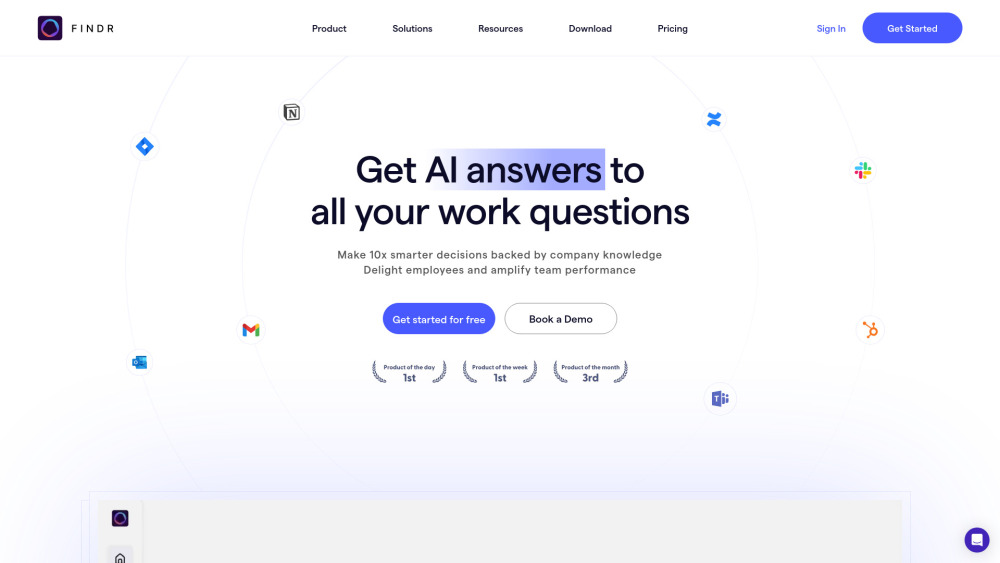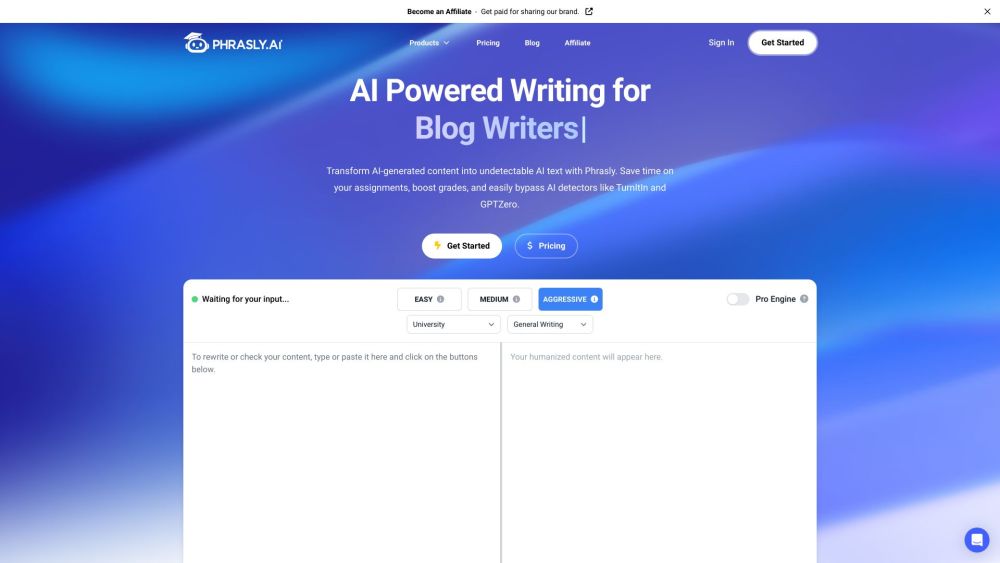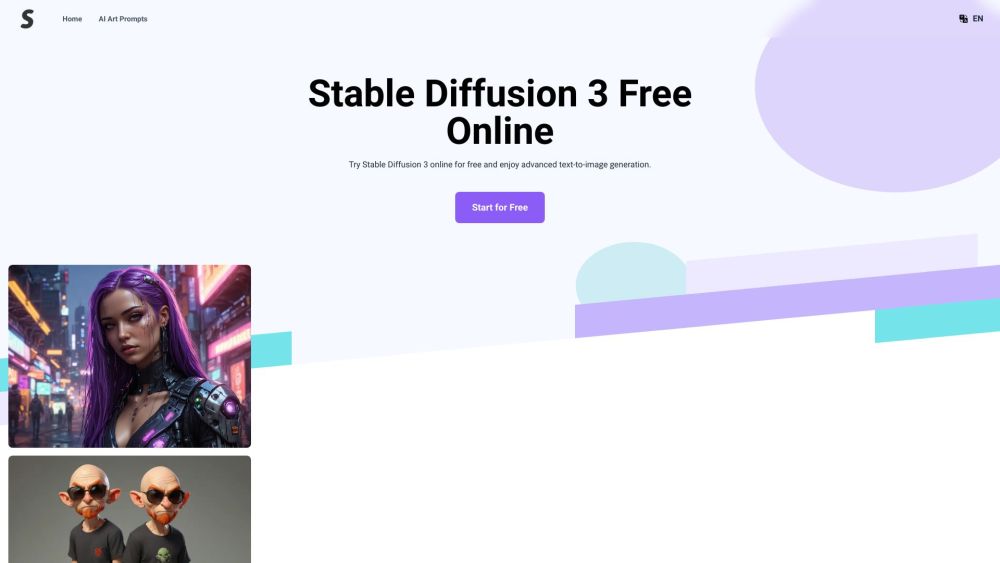The Future of AI: Embracing Systematic Change
On September 13, Liu Wei, an IEEE Fellow, distinguished scientist at Tencent, and head of Tencent's Hugging Face model technology, delivered a keynote presentation titled "The Development of Generative AI and Tencent's Hugging Face Model Practices" at the 2024 Bund New Media Annual Conference. Organized by the Shanghai Publishing Group's The Paper, this year’s theme focused on "Embracing Systematic Change."
During his talk, Liu detailed the evolution of generative AI, identifying three primary dimensions of its systematic transformation: changes in methodology, computing models, and computational power. He emphasized the goal of enhancing large models to handle an increasing array of tasks, spanning across modalities and capabilities, including spoken and written language, as well as embodied intelligence.
According to Liu, the shift from single-task to multi-task capabilities, and from single-modality to multi-modality, marks a significant paradigm change. As generative AI progresses, its implications extend beyond language, video, and image synthesis to more expansive applications, particularly in the scientific domain. Future generative AI may assist in creating new material molecules and formulas, revolutionizing research and innovation.
He also highlighted a notable trend: large models utilizing self-play reinforcement learning to unlock automatic upgrades without human intervention. Liu indicated that this would enable seamless iterations simply by initiating a command.
Further, Liu pointed out that generative AI can also function as a code assistant, automating many foundational programming tasks and minimizing redundant coding processes. “Large models have transcended the confines of the digital realm and are poised to influence the physical world,” he stated.
He introduced two emerging applications: "endpoint testing models" and embodied intelligent robots, which will facilitate human-machine collaboration and coexistence. In the near future, individuals will be able to command their smart home devices just by using their voices, simplifying complex tasks.
Liu reported the launch of Tencent's Hugging Face model last September, along with the release of the latest MoE version, which encompasses everything from lightweight to mid-tier models—even offering lightweight versions for free on Tencent Cloud. To counter computational power restrictions imposed by certain countries, Tencent has committed to an independent research and development approach, covering training, inference, and cluster construction.
Regarding the applications of generative AI, Liu noted Tencent's rapid progress: over 700 products and services now leverage the capabilities of the Hugging Face model, with many being lightweight models—especially those integrated into Tencent News, WeChat, Tencent Meetings, and WeCom.
In Liu’s opinion, mainstream media should actively adopt generative AI, enabling advanced technology to act as a catalyst for industry transformation. He shared that Tencent's AI model has cooperated with major media outlets, enhancing the efficiency of news article verification processes and allowing for the review of hundreds of thousands of words in mere seconds. Additionally, the AI tools developed by Tencent for video editing and creation have garnered widespread recognition across the internet.
As generative AI continues to evolve, its potential applications and impact on various sectors only seem to broaden, promising a dynamic future.




